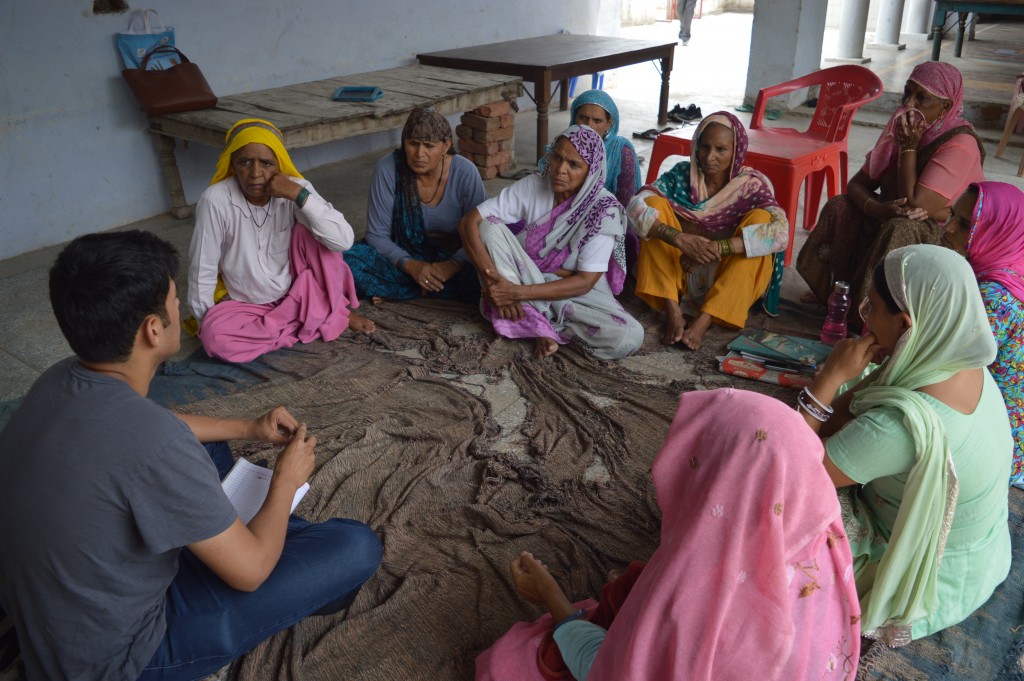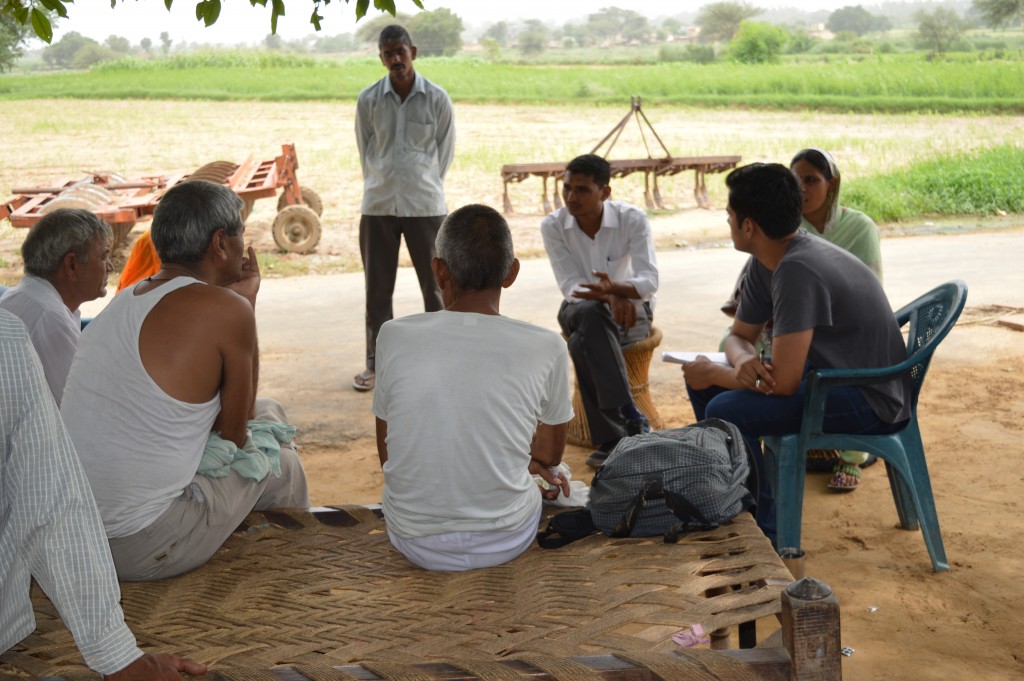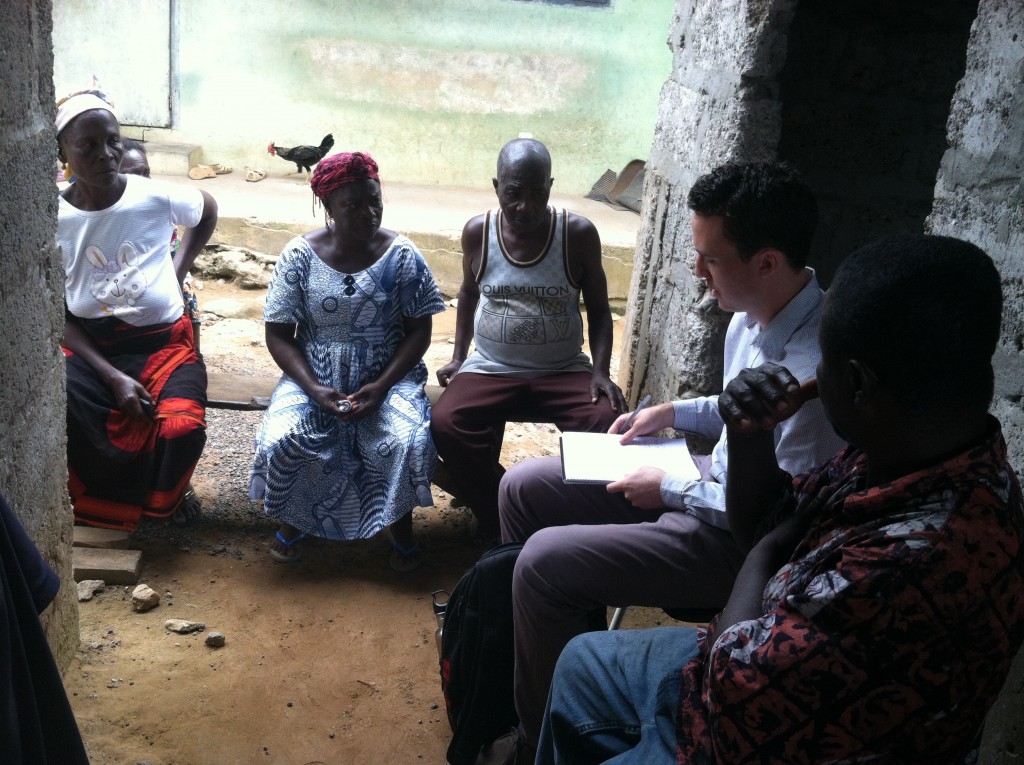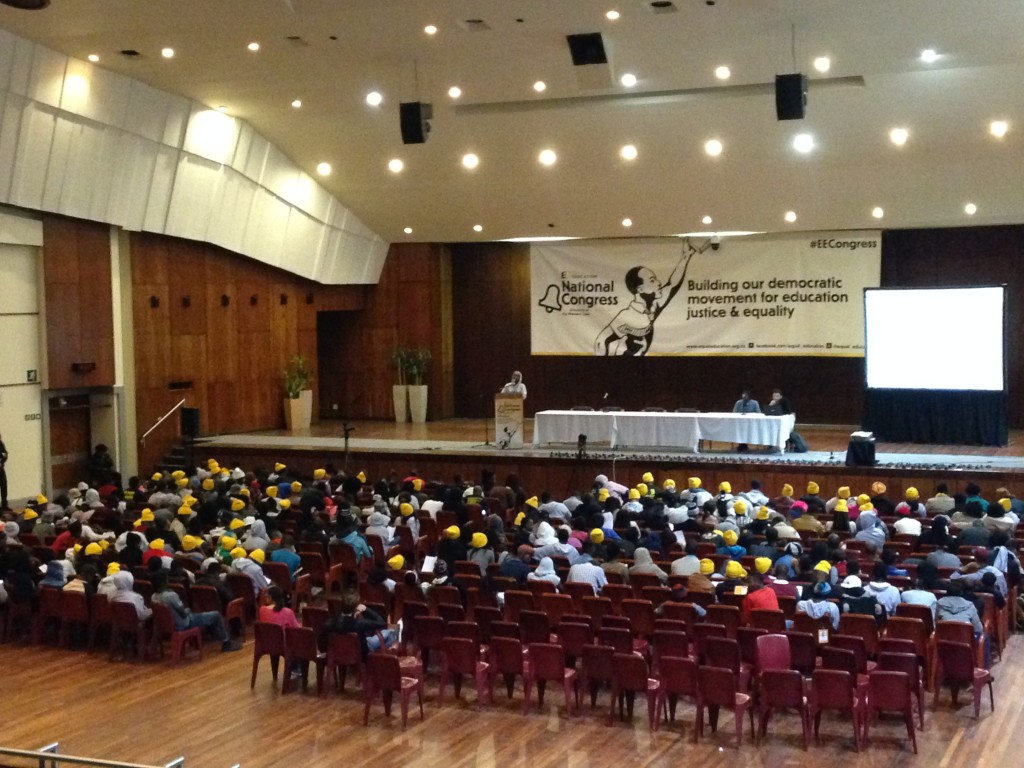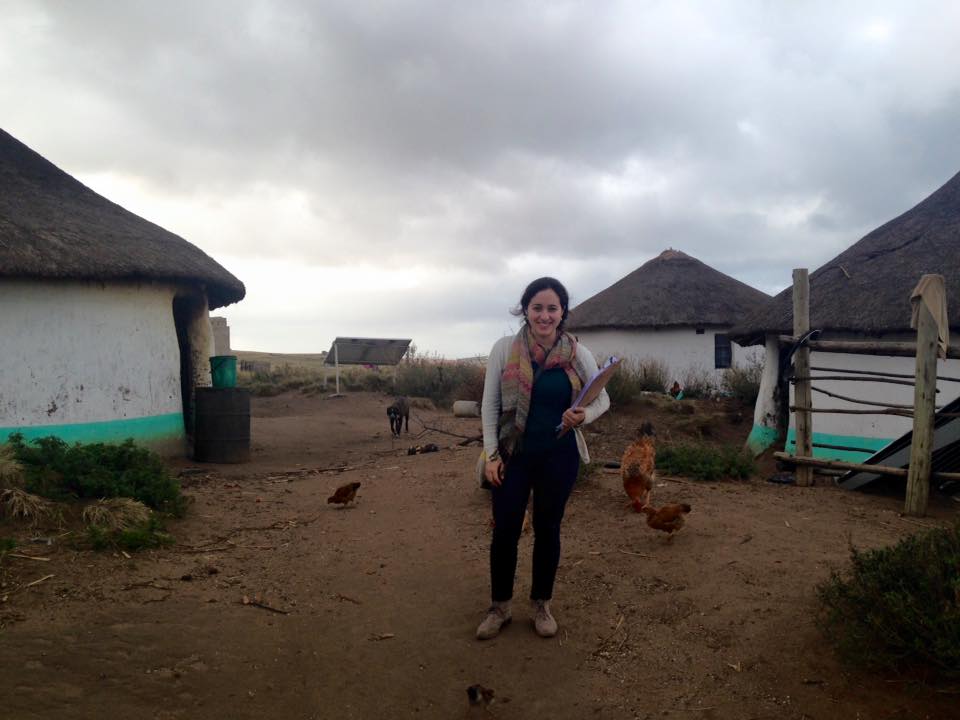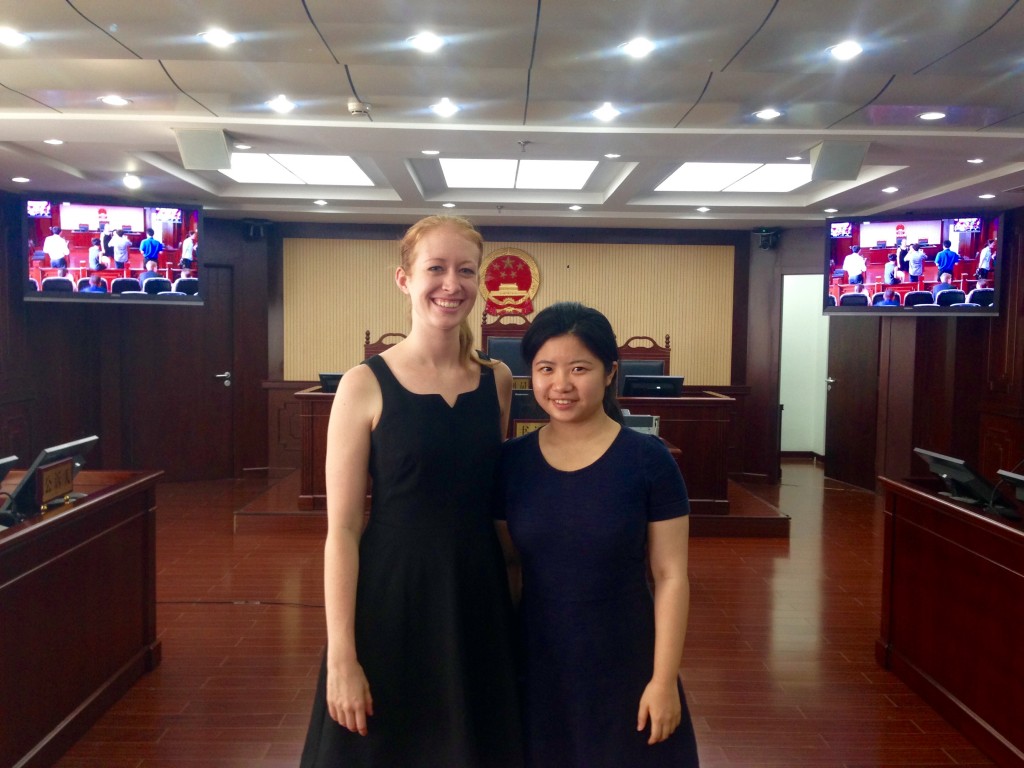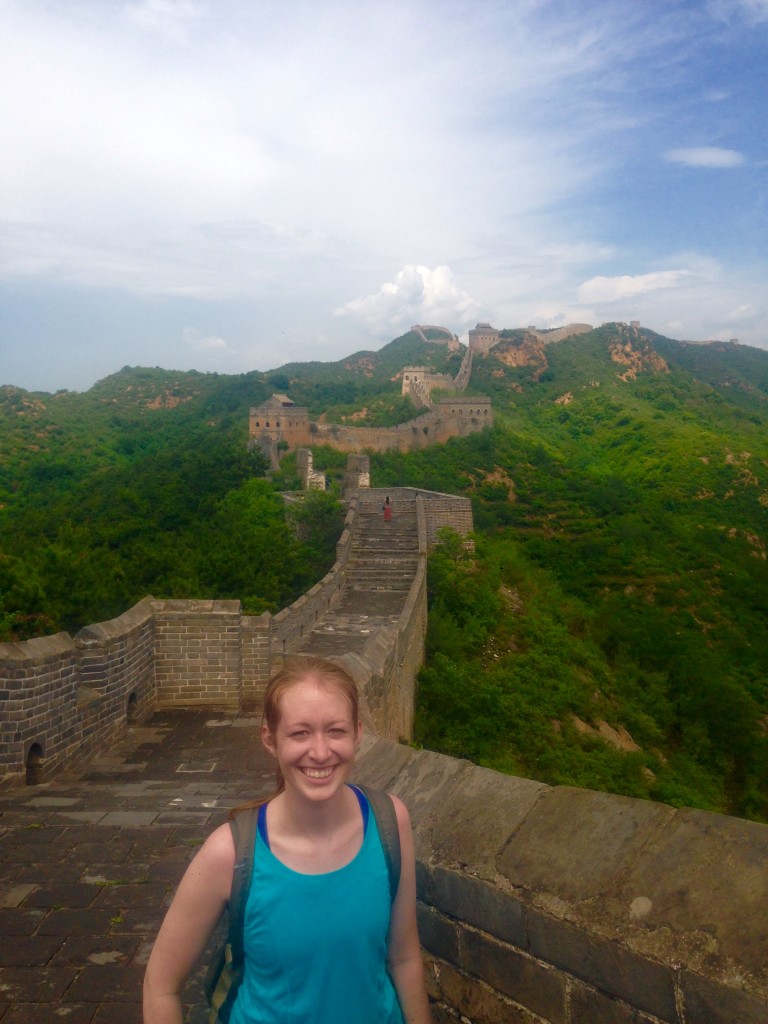I’ve recently completed my internship with the Sehgal Foundation (formerly known as the Institute for Rural Research and Development) in Gurgaon, India. My project was to analyze the effectiveness of the foundation’s legal literacy camps in the Mewat district of Haryana, through case studies. To do so, I interviewed attendees of 2014 Sehgal Foundation legal literacy camps in all five blocks of the rural Mewat district to find out what they learned at the camp, what action they took afterwards, and how (if at all) they ultimately benefited. I then spoke to attendees who were not able to secure the desired entitlement (e.g. old-age pension) even though they attended the camps. Next, I interviewed counsels and paralegal volunteers of the government legal aid centers. Finally, I interviewed members of the foundation’s field staff to gain further insights on the planning and implementation of legal literacy camps and the state of legal awareness in Mewat. All interviews were conducted in-person and in Hindi.
By documenting both successes and setbacks, I tried to shed light on the ongoing process of improving legal literacy in Mewat. In particular, the important question was why some citizens who attend a legal literacy camp act on the information gained and secure a positive result, while others do not: what is the difference between the cases of success and the cases of ongoing setback? To explore this question, I wrote a final report and presentation in which I shared the case studies, suggested lessons learned, and applied those lessons to make recommendations for improving future legal literacy camps in Mewat.

